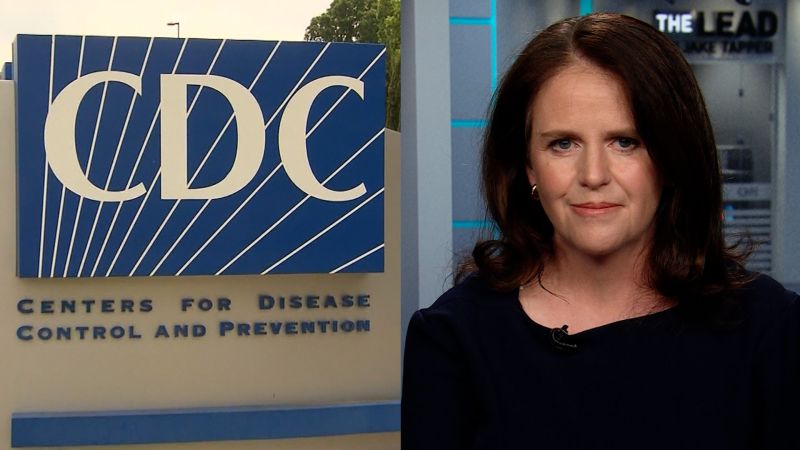Recent developments at the Centers for Disease Control and Prevention cCDCc have sparked widespread concern and criticism within the medical community. Health Secretary Robert F. Kennedy Jr.'s decision to dismiss members of the CDC's independent vaccine advisory panel has raised questions about the integrity and credibility of the agency's vaccine recommendations.
Dr. Jerome Adams, former surgeon general under the first Trump administration, expressed his dismay over the abrupt dismantling of the advisory panel. He highlighted the potential consequences of eroding public trust in the committee's recommendations, emphasizing the vital role trust plays in promoting vaccine acceptance and combating infectious diseases.
Critics, including Dr. Adams, have voiced strong objections to Kennedy's justification for the overhaul, particularly his assertion that a clean sweep was necessary to restore public confidence. Concerns have been raised regarding the expertise of the new panel members, with critics pointing out their lack of specialized knowledge in critical areas such as vaccinology, immunology, and virology. Moreover, the inclusion of individuals who have previously been accused of disseminating misinformation further adds to the skepticism surrounding the revamped panel.
Dr. Adams emphasized the potential ramifications of setting a precedent where incoming administrations can arbitrarily replace advisory committee members based on their preferences. Such actions not only undermine the independence and objectivity of the advisory process but also threaten to diminish the scientific rigor and credibility of the CDC's vaccine recommendations.
Regarding the response from officials in the current administration, Dr. Adams highlighted ongoing discussions with White House, congressional, and Republican donors, signaling a growing unease among key stakeholders about the direction of vaccine policy and public health priorities. While acknowledging the importance of tackling chronic diseases, Dr. Adams underscored the critical role of vaccines in preventing potentially deadly outbreaks of diseases like measles, mumps, rubella, whooping cough, and COVID-19.
In challenging Kennedy's assertion that vaccines have become a politically divisive issue, Dr. Adams emphasized the need for responsible rhetoric and actions to address growing mistrust in vaccines. He cautioned against fueling misinformation that could further erode public confidence in vaccination efforts, stressing the essential role vaccines play in safeguarding public health, economic stability, and national security.
The controversy surrounding the CDC's advisory panel underscores broader concerns about political influence and the erosion of scientific expertise in public health decision-making. As debates over vaccine policy continue to unfold, the need to uphold the integrity of independent advisory committees and prioritize evidence-based recommendations remains paramount in ensuring public health and safety.
In conclusion, the ongoing developments at the CDC serve as a stark reminder of the delicate balance between scientific integrity, public trust, and political considerations in shaping effective public health policies. As stakeholders navigate these complexities, maintaining transparency, expertise, and accountability within advisory processes will be crucial in safeguarding the health and well-being of communities worldwide.

